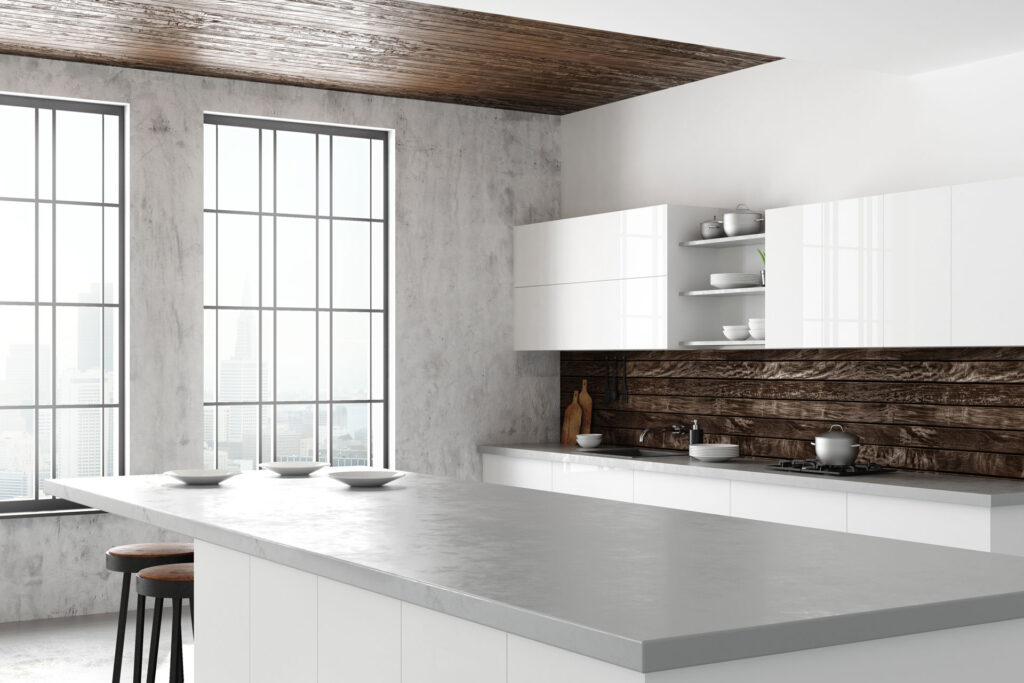
Stylish Epoxy Coatings for Countertops
Concrete countertops and tables look great with epoxy coatings designed for use with concrete, whether you like the grain of concrete or want a splash of color!
Read More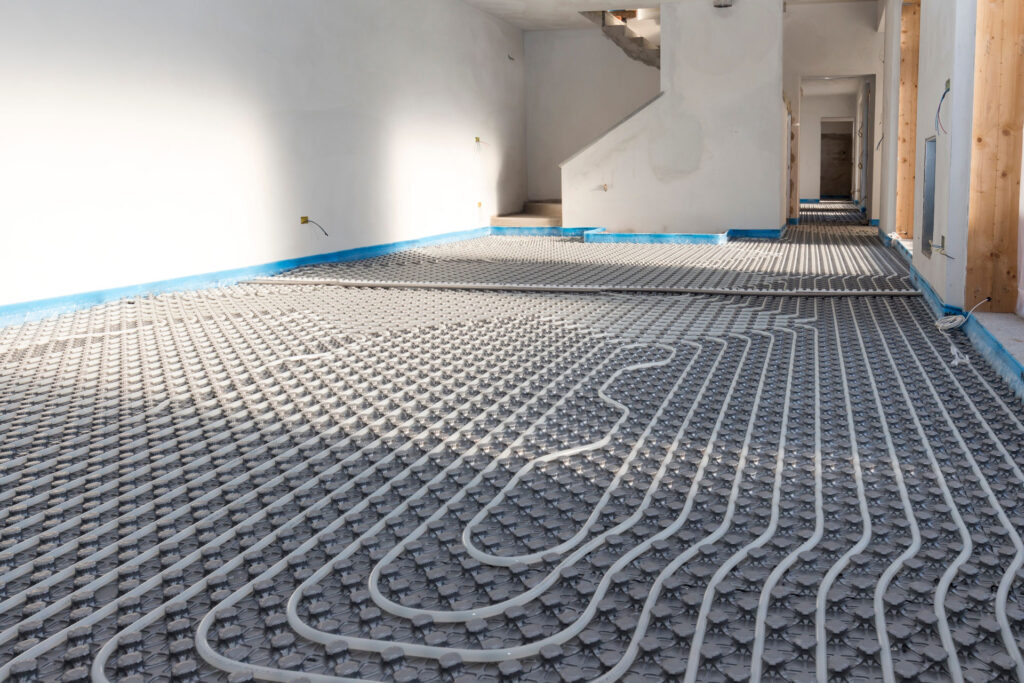
Polished Concrete and Radiant Floors
Radiant floor heating is one of the most effective ways of heating your home. The best systems can also apply cooling in the summer time. Find out how!
Read More
Facts about Polished Concrete
There are many myths about polished concrete. Here we bust some of those myths with the facts. Find out more about concrete polishing!
Read More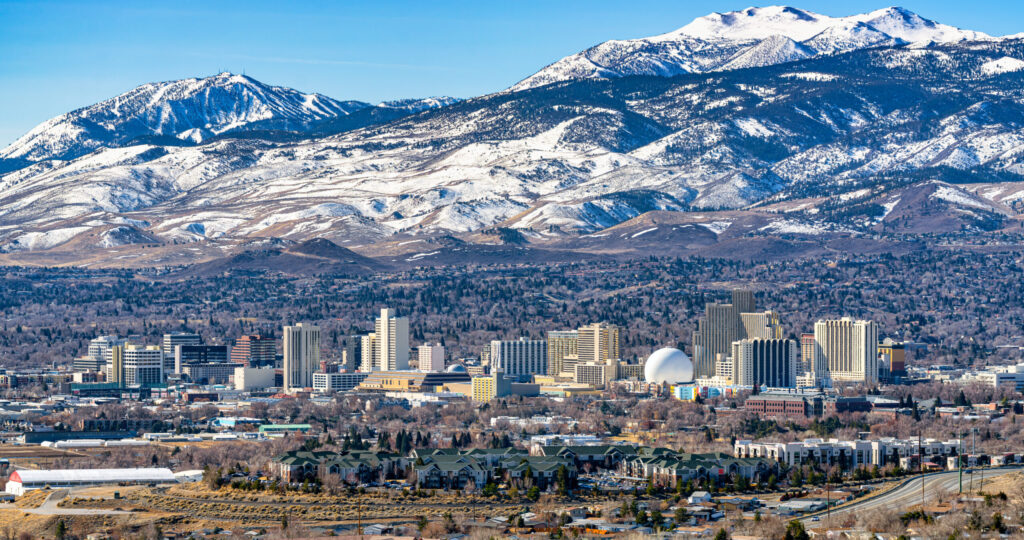
Winter Protection for Dazzling Concrete Floors
Reno has cold fall, winter, and early spring weather. That doesn't mean that we can't manage to coat your outdoor concrete if the circumstances are right. Find out how polyaspartic coatings can benefit you!
Read More
Carbon Dioxide and Concrete
Significant amounts of carbon dioxide are released making cement, but concrete absorbs large amounts of carbon dioxide too! The longer concrete lasts, the more carbon dioxide it absorbs. We help your concrete last for years to come with custom epoxy coatings!
Read More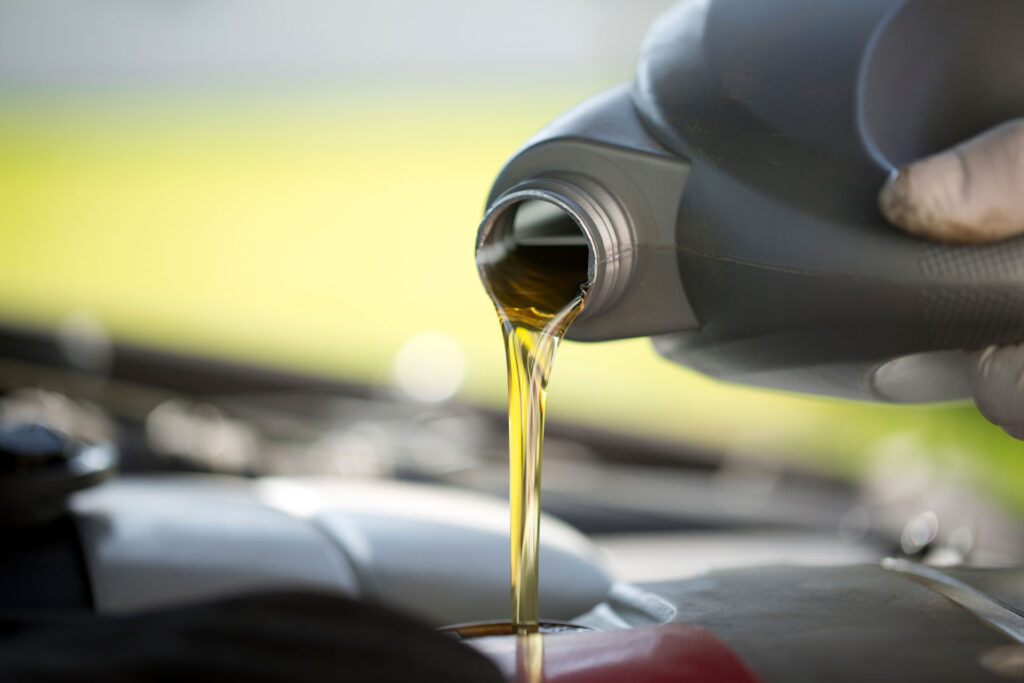
Oil Stains, Concrete, and Epoxy Coatings
Oil stains on concrete are ugly. Instead of reacting to the latest spill with rags and kitty litter, how about preventing the oil stain in the first place?
Read More
How to Measure Topcoat Clarity
Topcoat clarity plays a large role in how the colors underneath appear to the human eye and in different light conditions. Here we discuss the Gardner Scale and how this relates the to final appearance of your epoxy flooring.
Read More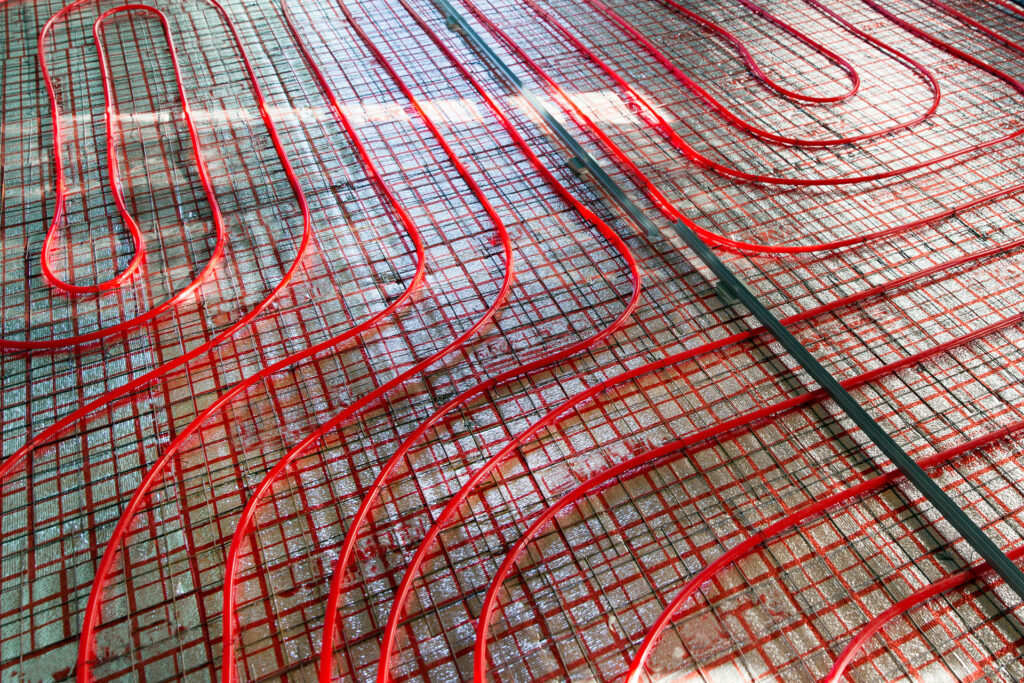
Epoxy Coatings and Radiant Floor Heating
Can epoxy coatings and radiant floor heating work together? Find out more about these two technologies and how you can combine them successfully!
Read More
A Few More Pros to Epoxy Coatings
Recent articles have looked at the advantages of concrete coatings and how you can avoid any perceived disadvantages. Here we consider some more benefits.
Read More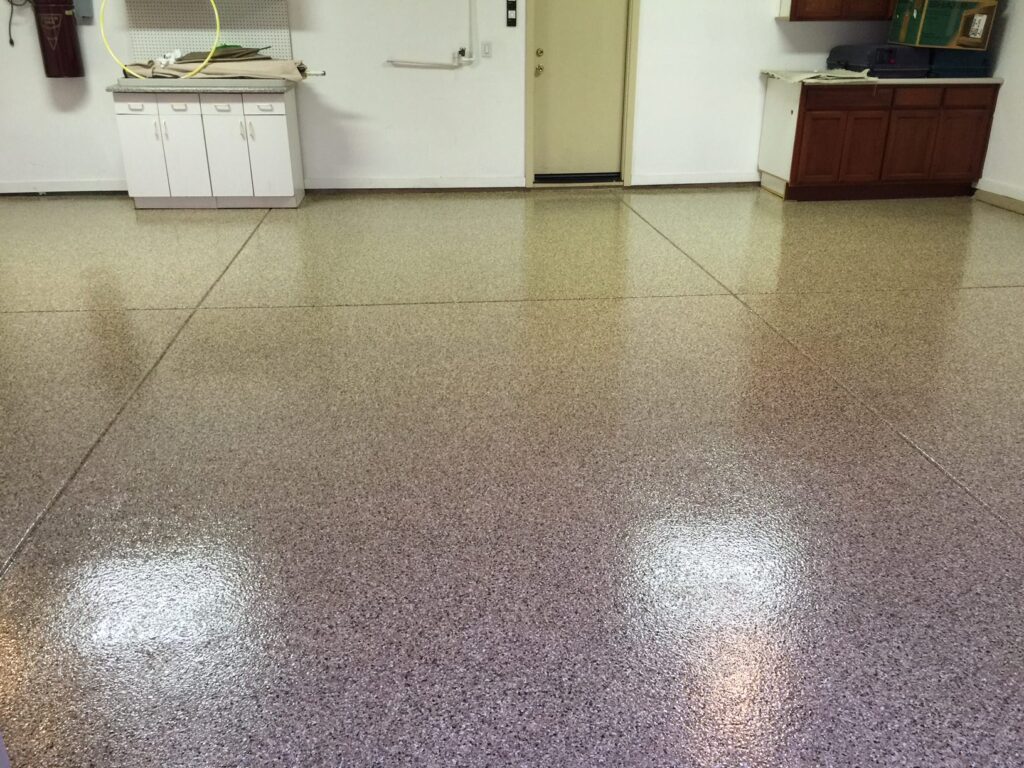
Eye-Catching Additions for Your Epoxy Coating
Color granules and color flakes are additives for epoxy coatings that add to their versatility and appearance. Learn more about these options in concrete coatings.
Read More
Not for DIY
Here are common epoxy concerns raised by Do-It-Yourselfers, and why it's always best to stick to the professionals at Nevada Custom Coatings for all of your epoxy needs.
Read More
The Advantages of Epoxy Coatings
Concrete coatings have a number of advantages over other flooring types. Here we discuss those advantages and why they are pertinent to your floors.
Read More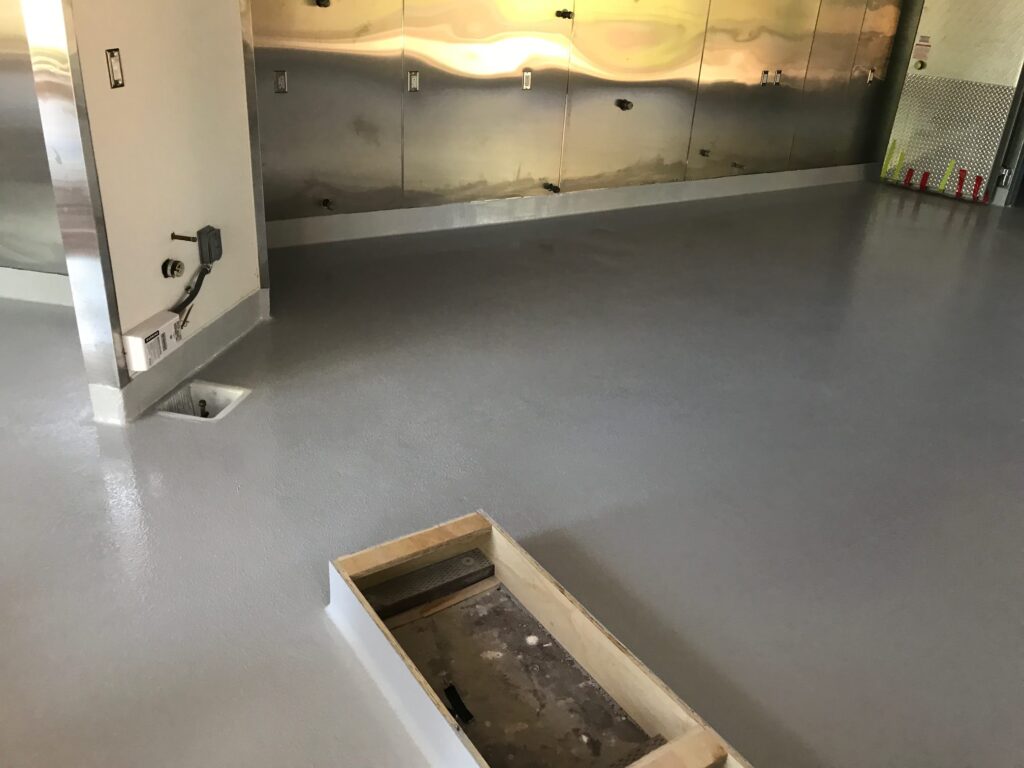
Baseboards and Professional Epoxy Coatings
You can use baseboards with epoxy floors, although you don't really need them. Coved flooring can give you the benefits of epoxy and baseboards together.
Read More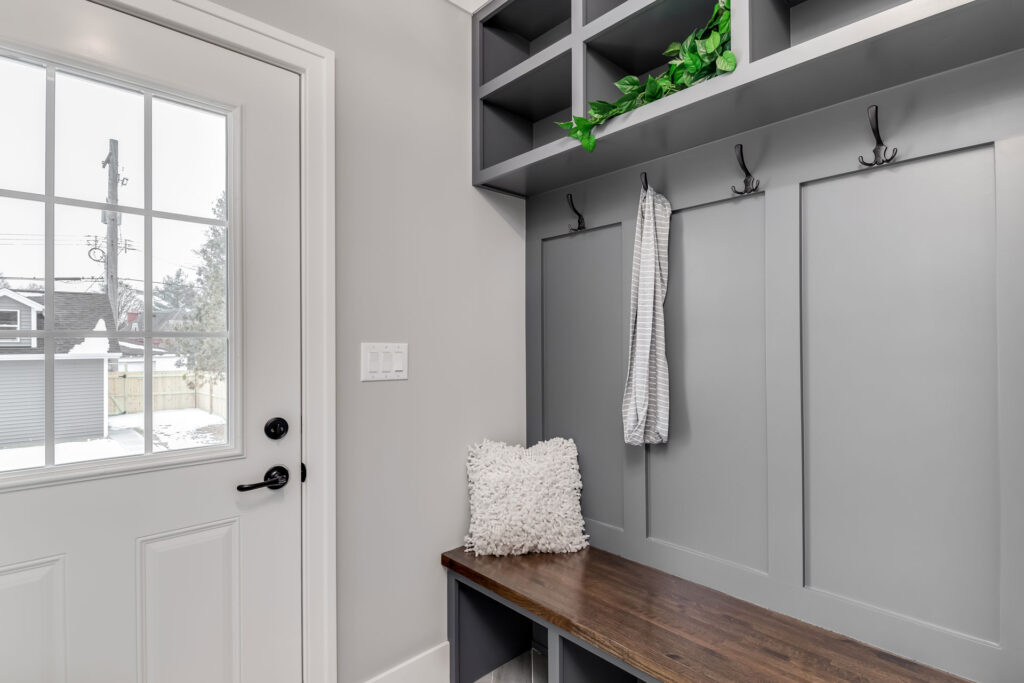
Protect Your Neutral Zone
Epoxy flooring is a perfect solution for mudrooms, antechambers, foyers, entryways, and other areas that face the winter mud and wet that assaults Reno.
Read More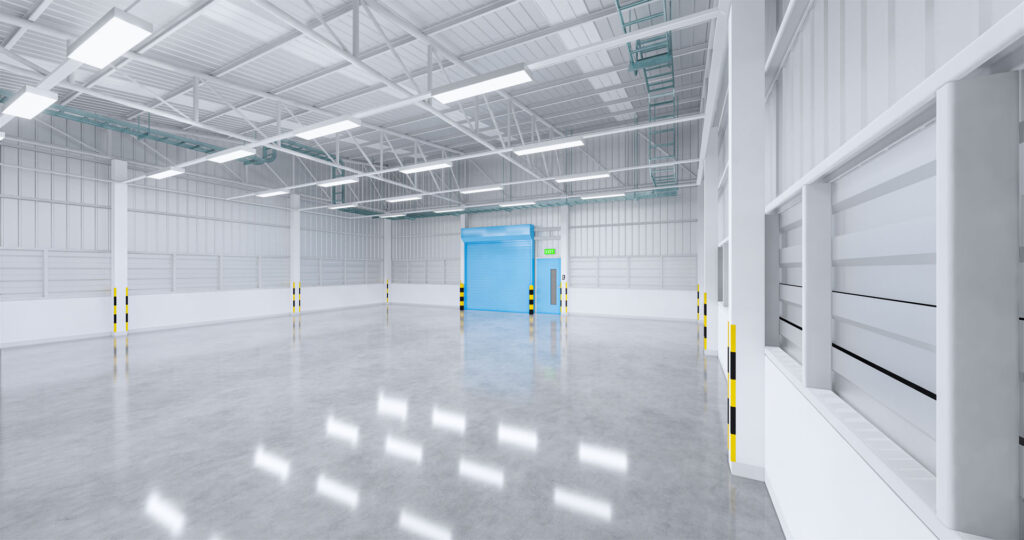
New Concrete and Glistening Polish
Concrete polishing can be done on its own, or with an accompanying color stain. Either way, you need to wait for the concrete to be fully cured before starting.
Read More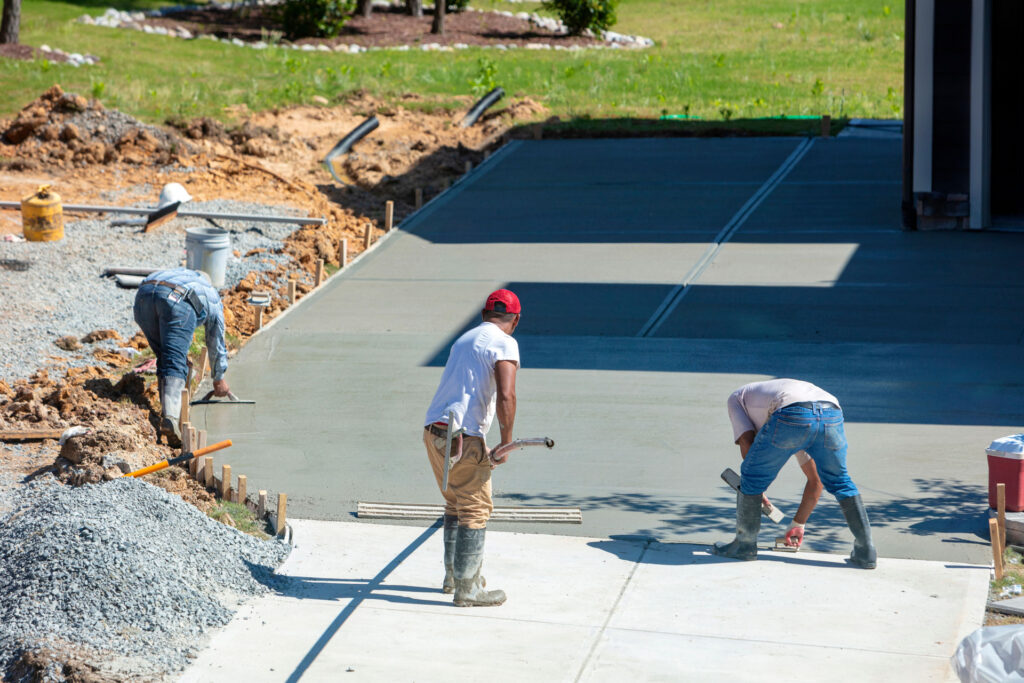
When Can You Stain New Concrete?
How long do you have to wait for concrete to dry before you can apply a color stain and sealant? Why should you wait? Learn more about the process here.
Read More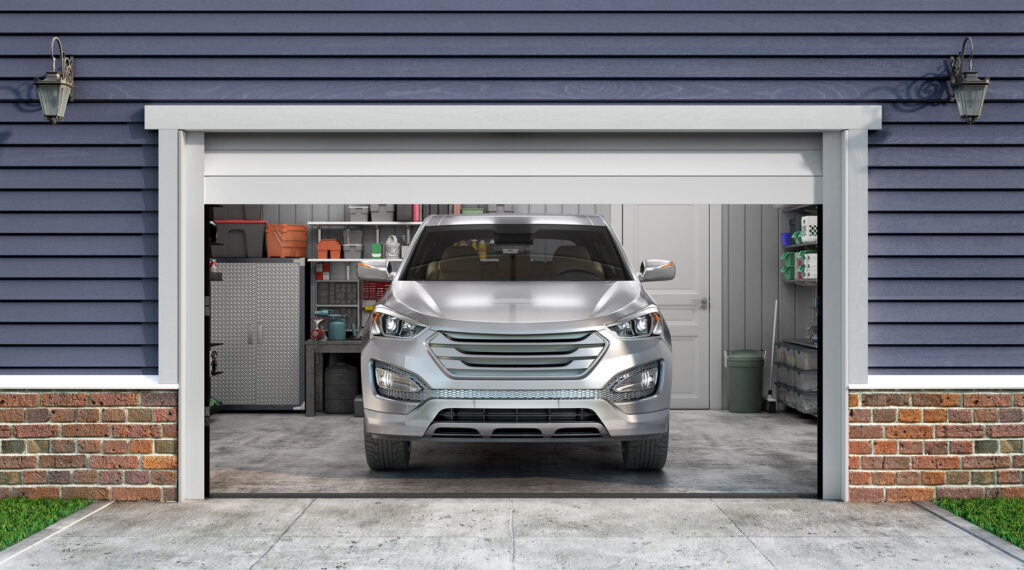
Revive Your Garage
Organizing your garage actually allows you to improve it! Here is one suggested method for decluttering your garage and making progress on sorting your things.
Read More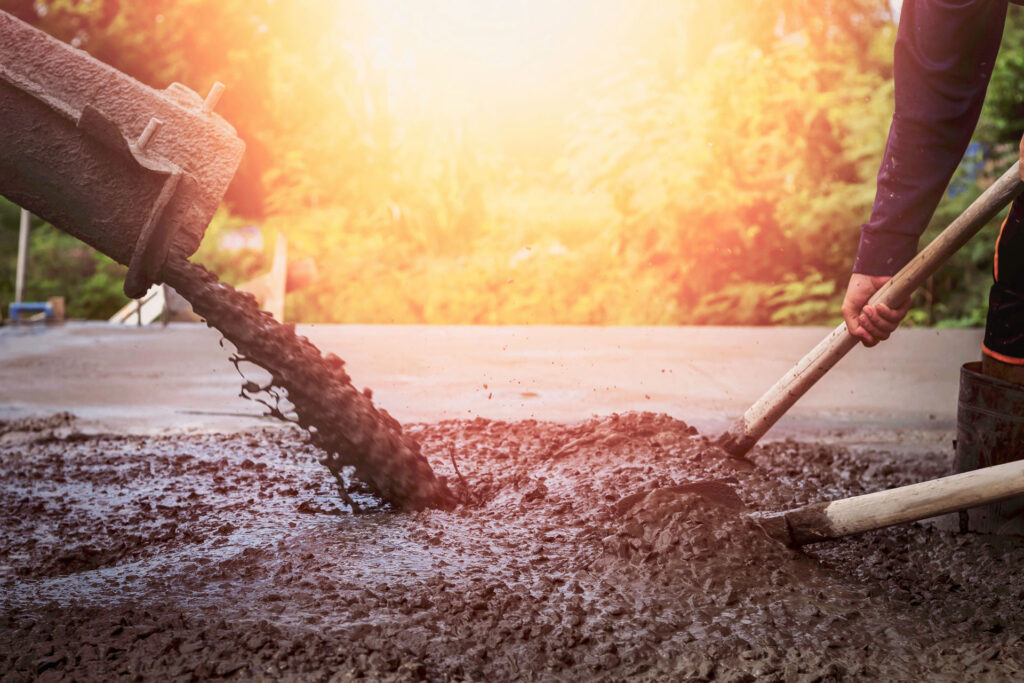
Solid Foundations for Epoxy Coatings
You can't lay epoxy coatings on top of fresh concrete. How long must green concrete cure before you can add an epoxy coat? Find out more about this subject here.
Read More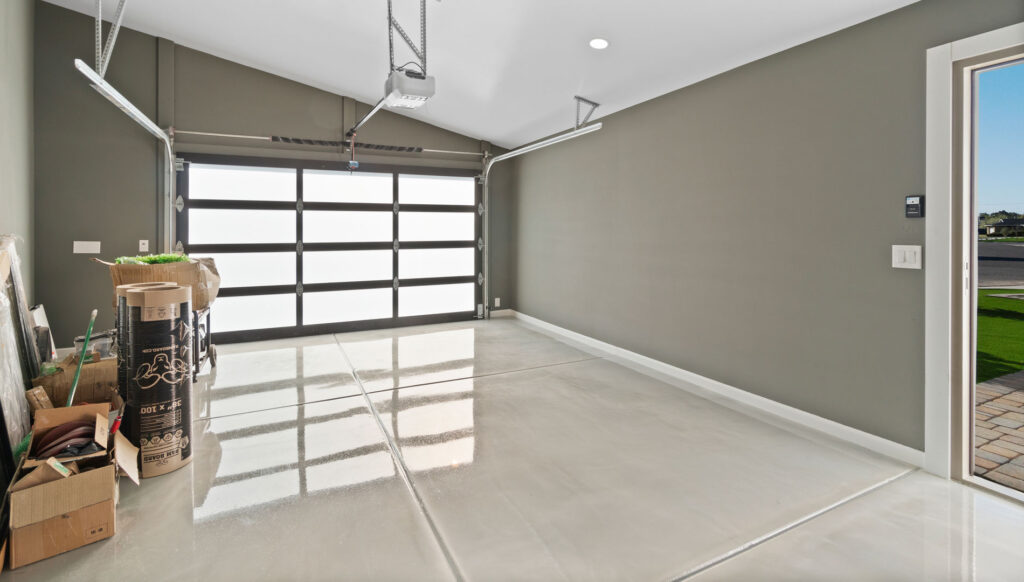
Homeward Bound Epoxy
Epoxy flooring is not just for the garage! You can use epoxy coatings in many household locations with great success with help from Nevada Custom Coatings.
Read More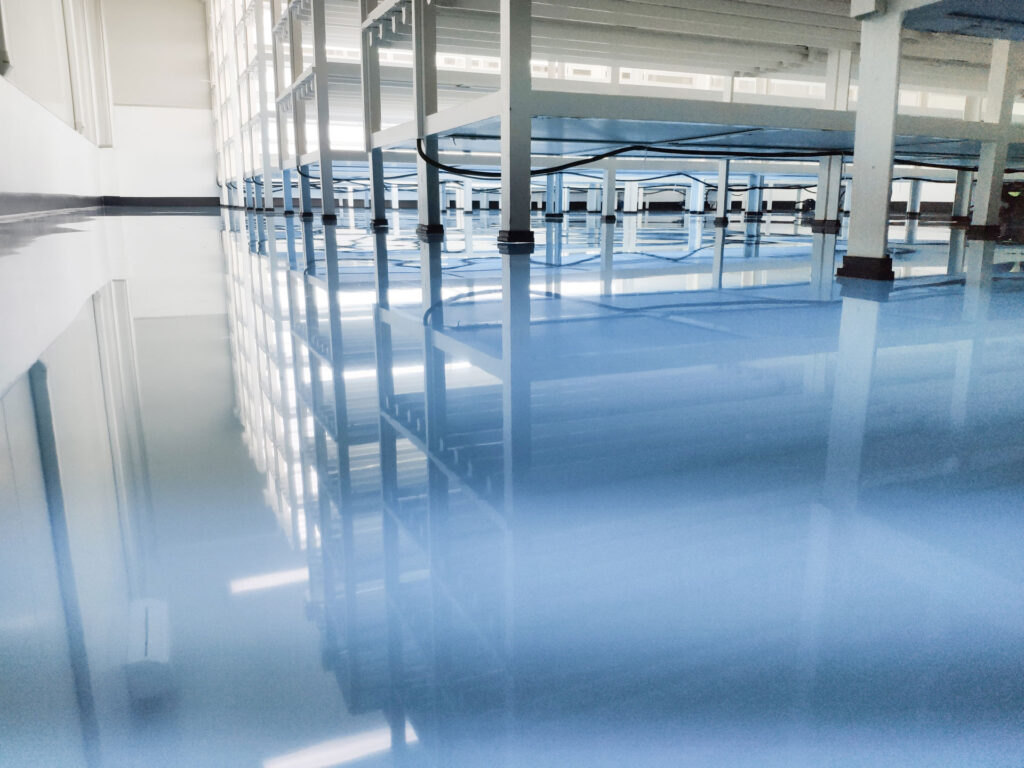
The Business End of Creative Epoxy Coatings
Commercial sites need to be clean, safe and efficiently maintained. Epoxy coatings help to improve all those areas, and they look great while doing it. Contact us for a complimentary quote today!
Read More
Choosing the Best Colors for Your Concrete
The color wheel is an essential tool for determining the best color combinations for your concrete floors. Whether using concrete stains or epoxy, we can help!
Read More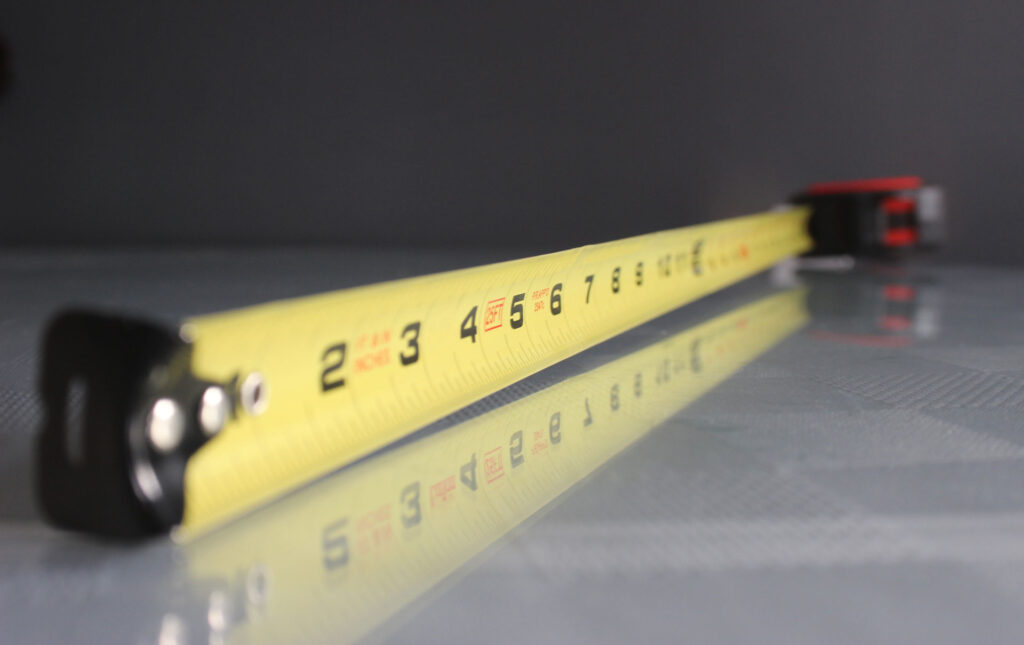
What’s in a Mil?
The mil is a system of measurement used in the epoxy coatings industry. Find out about mils and how we use them when laying down various grades of coatings.
Read More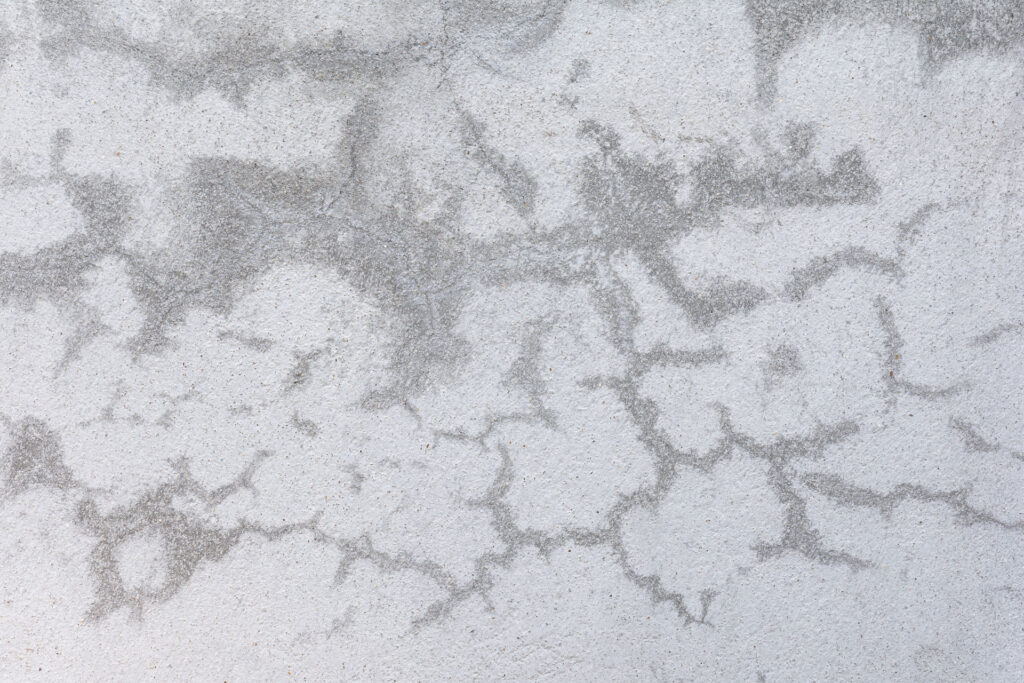
What is Crazing?
People are seldom crazy about crazed concrete. Find out more about what is crazing, why it happens, and how Nevada Custom Coatings can help.
Read More
Further Details on Concrete Ingredients
Concrete uses basic ingredients, such as gravel as an aggregate and water to make cement paste. The most complicated ingredient is the cement. Here we explain how it is made, and more importantly, how to best protect it.
Read More